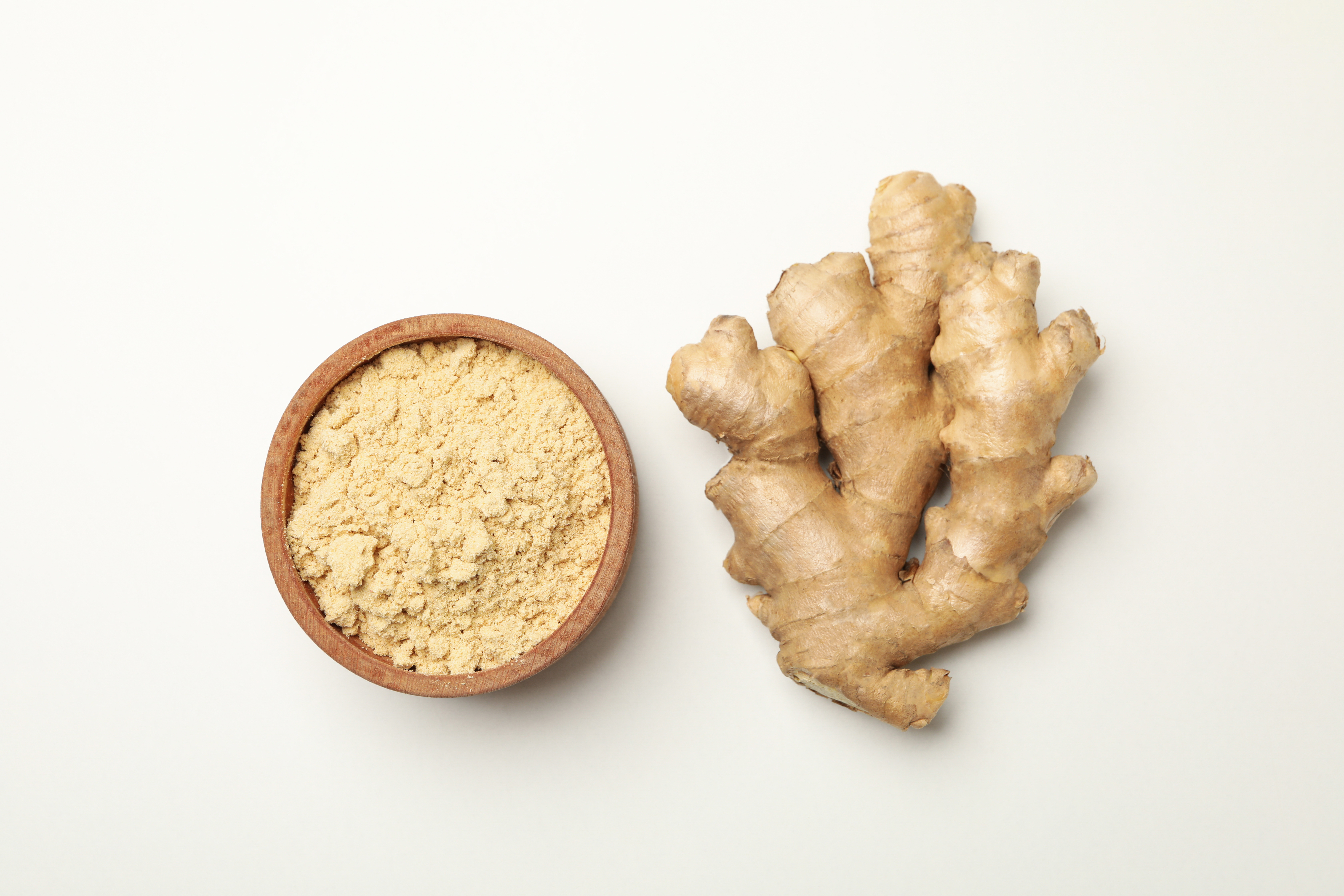
Ginger may effectively suppress the formation of neutrophil extracellular traps in patients with autoimmune diseases, according to a novel study published by Ali et al in JCI Insight. Previous studies have found that 6-gingerol caused phosphodiesterase inhibition and counteracted neutrophil hyperactivity in mouse models. In the new study, researchers examined the efficacy of oral whole-ginger extract to influence neutrophils in antiphospholipid syndrome and lupus. In in vitro models, solubilized ginger extract reduced the formation of neutrophil extracellular traps by human neutrophils through protein kinase A. The administration of oral ginger extract in mice was found to reduce circulating neutrophil extracellular traps and outcomes for subjects with features of diseases such as large-vein thrombosis and lupus. The researchers then assigned healthy human volunteers to receive daily oral ginger supplements for 7 days and demonstrated that the agent resulted in heightened levels of cyclic adenosine monophosphate, inhibited neutrophil extracellular trap formation in response to disease-associated stimuli, and decreased levels of circulating plasma neutrophil extracellular traps in this population. The researchers emphasized that regular intake of ginger may be an effective strategy to attenuate neutrophil extracellular trap formation in patients with autoimmune diseases. In a companion press release on the findings from the University of Colorado Anschutz Medical Campus, the study authors concluded: “Our research … provides evidence for the biological mechanism that underlies ginger’s apparent anti-inflammatory properties. We … think ginger may have a real ability to complement treatment programs that are already underway.”